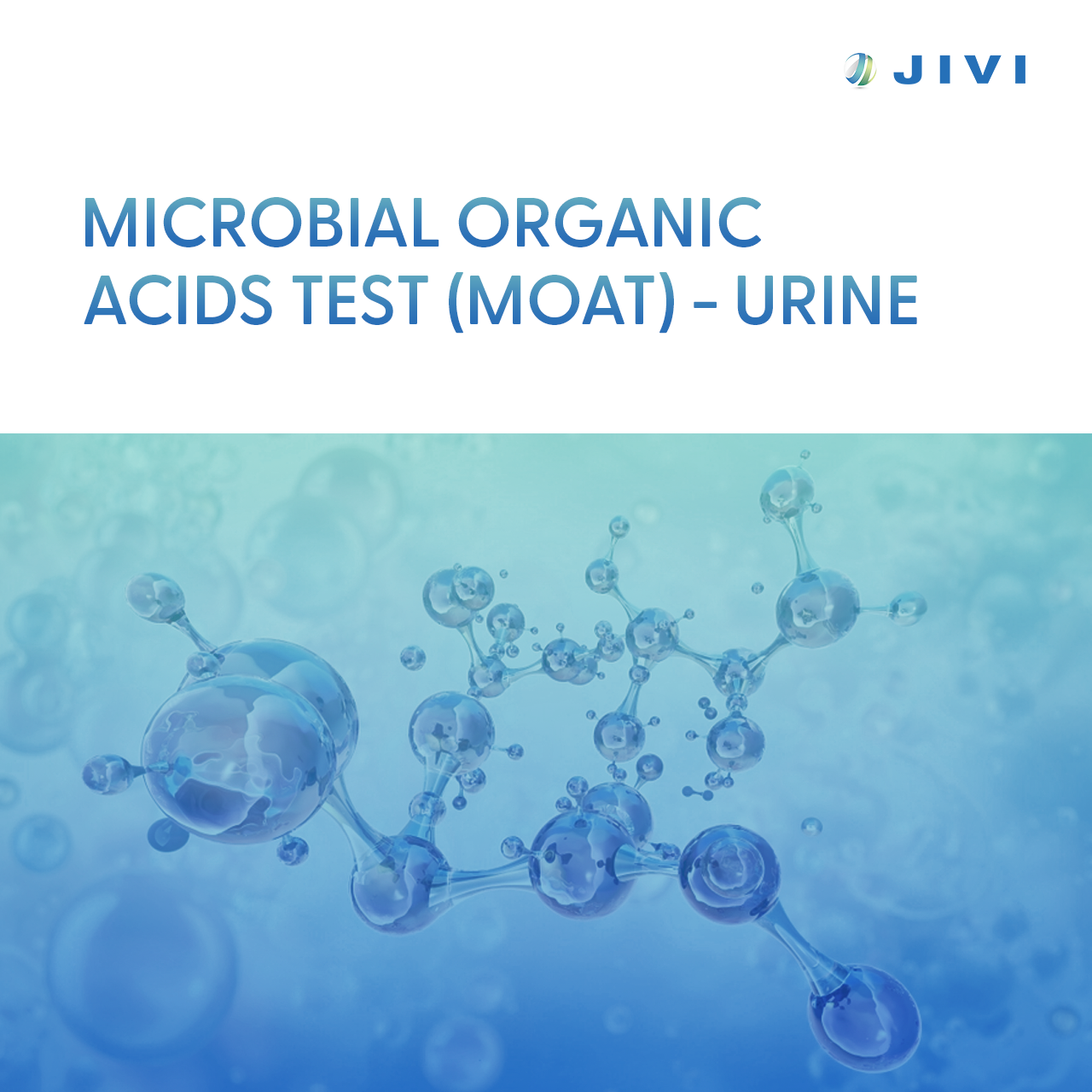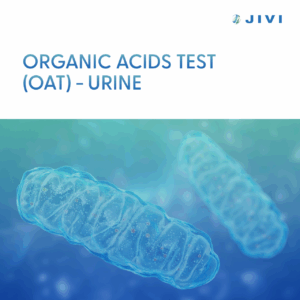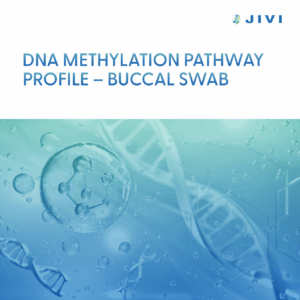Description
Microbial Organic Acids Test (MOAT) – Urine
A focused subset of the Organic Acids Test concentrating on gut microbial metabolites.
What does this test measure?
The MOAT zeroes in on compounds produced by abnormal yeast or bacterial flora. Key markers include:
- D-arabinitol (arabinose) – a Candida yeast marker
- Tartaric acid – can indicate yeast/fungal overgrowth
- 3-oxoglutaric or HPHPA – produced by certain Clostridia bacteria
By measuring these urinary byproducts, the test can strongly suggest if a patient has intestinal candidiasis or bacterial dysbiosis contributing to symptoms.
Who is this test most suitable for?
This test is ideal for individuals with:
- High sugar/carbohydrate diet (predisposing to Candida)
- Recent antibiotic use (triggering dysbiosis)
- Immune-suppressed conditions (prone to fungal overgrowth)
Clinical Use
Clinicians often use MOAT for patients with:
- Bloating
- Chronic yeast infections
- Behavioral conditions (since Clostridial toxins can affect neurotransmitters)
Treatment Monitoring
The test is also employed to track efficacy of treatments like antifungals or probiotics, as levels of these organic acids should decrease as gut balance improves.








